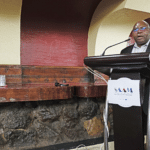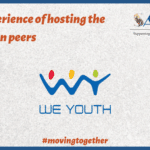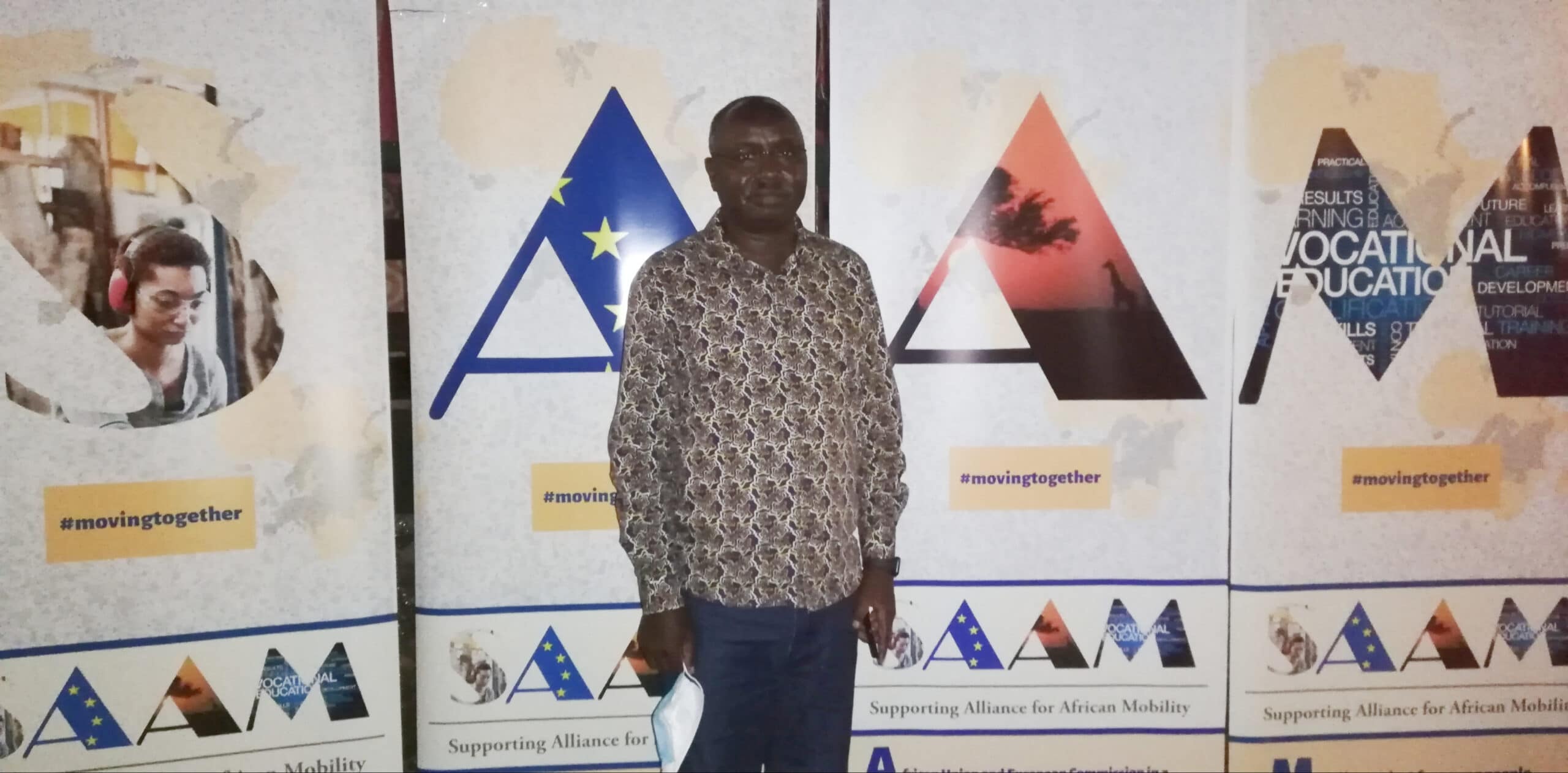Kipkirui Langat Langat is Director General at Technical and Vocational Training Authority. This is a Government Agency responsible for coordination and regulation of TVET in Kenya.
The main responsibility of the entity is to ensure that the TVET system in Kenya addresses the issue of access, equity, relevance and the quality of training. And all of this is to equip the youth with the relevant skills and competences that will enable them to meet the demand of the industry and also to ensure that those who want to go for self-employment are also equipped with the competences which include entrepreneurship:
“There, the emphasis is specially in equity, to ensure that we look at the gender parity and to ensure that we integrate gender in TVET. We are also looking at the people living with disability and marginalized communities within the country”.
What do you think it is the level of attention the government is giving to TVET education?
Well, TVET is actually one of the priority sectors in government and the reason is that only 20% of the students that come from high school proceed to university. 80% of them are meant to go through the TVET pathway and that is where the government is putting a lot of emphasis. First, we have done a lot of expansion across the country, now we are talking over close to 300 TVET institutions working for the national government. Over 1.000 managed by the county government and we have close to around 700 private TVET institutions. So, in essence this means that about 600.000 students go through TVET. We are planning to increase this number, close to 1M – 1.5M in the next three years. This is to ensure that all the young people in the country are given the skills so that they are able to support themselves, they are able to participate meaningfully in the social economic development of the country.
SAAM, as a pilot project from the European Commission and African Union granted with 4M euros, is going to open the Erasmus+ programme in terms of international mobility in the future between the European continent and African continent. What do you think this kind of project of mobility can give to the TVET students and teachers?
This publication was produced with the financial support of the European Union, under the Africa-EU partnership. Its contents are the sole responsibility of the authors and do not necessarily reflect the views of the European Union




